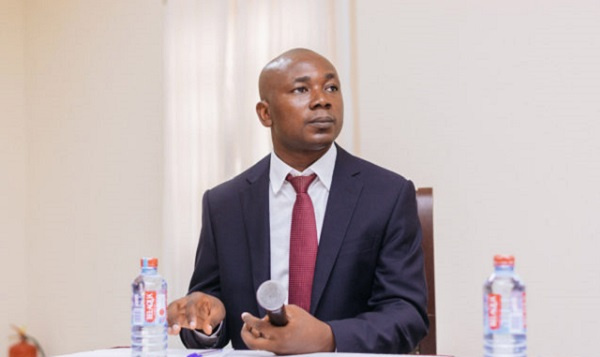They’ve used the 2025 budget to correct imbalances – Prof. Bokpin explains cedi gains

A lecturer at the University of Ghana Business School, Professor Godfred Bokpin, has linked the recent appreciation of the cedi against major foreign currencies to what he described as painful but necessary economic reforms and fiscal discipline at the highest level of government.
Speaking on TV3’s current affairs show, The KeyPoints, on May 24, Prof. Bokpin credited the rebound of the cedi to a mix of decisive leadership, fiscal backing, and corrective policy decisions reflected in the 2025 budget.
“You can see leadership here from the highest level. You can see painful choices that are manifesting in what we are seeing,” he stated, while responding to the topic: What accounts for the appreciation of the value of the cedi?
According to him, two key policy directions are currently driving the cedi’s recovery. “I want to look at it from two main policies — there is fiscal backing.
“If you look at what the economy has been through in the last 3 years, the excess injection of liquidity into the economy through high expenditure. We have seen this government do within five months what we have been calling for since COVID-19 (2020-2025).”
Prof. Bokpin pointed out that since the onset of the pandemic, many had called for reduced spending and a gradual fiscal consolidation, but successive decisions worsened the situation. “Since COVID, we’ve been saying that we need to cut wasteful spending, so that we choose a gradual fiscal consolidation that will be less painful, we didn’t do that,” he noted.
He was particularly critical of the Bank of Ghana’s role in exacerbating inflationary conditions: “To make matters worse, in 2022, the Bank of Ghana moved in strongly with excess liquidity that created inflationary pressures that pushed over 800,000 into poverty.”
He also observed that Ghana had struggled to meet key IMF targets in 2024, except for GDP growth and international reserves. “When it comes to the main anchor for fiscal consolidation, we missed it. We were supposed to do 0.5% of GDP on primary surplus, but we did a negative of more than 3%.”
Prof. Bokpin emphasized that the 2025 budget represents a deliberate correction of past fiscal imbalances. “They have used the 2025 budget to more or less correct some of these imbalances, to the extent that they have had to restore the IMF programme back on track by moving from a negative surplus of more than 3% of GDP to a primary balance-positive of 1.5% of GDP.”





